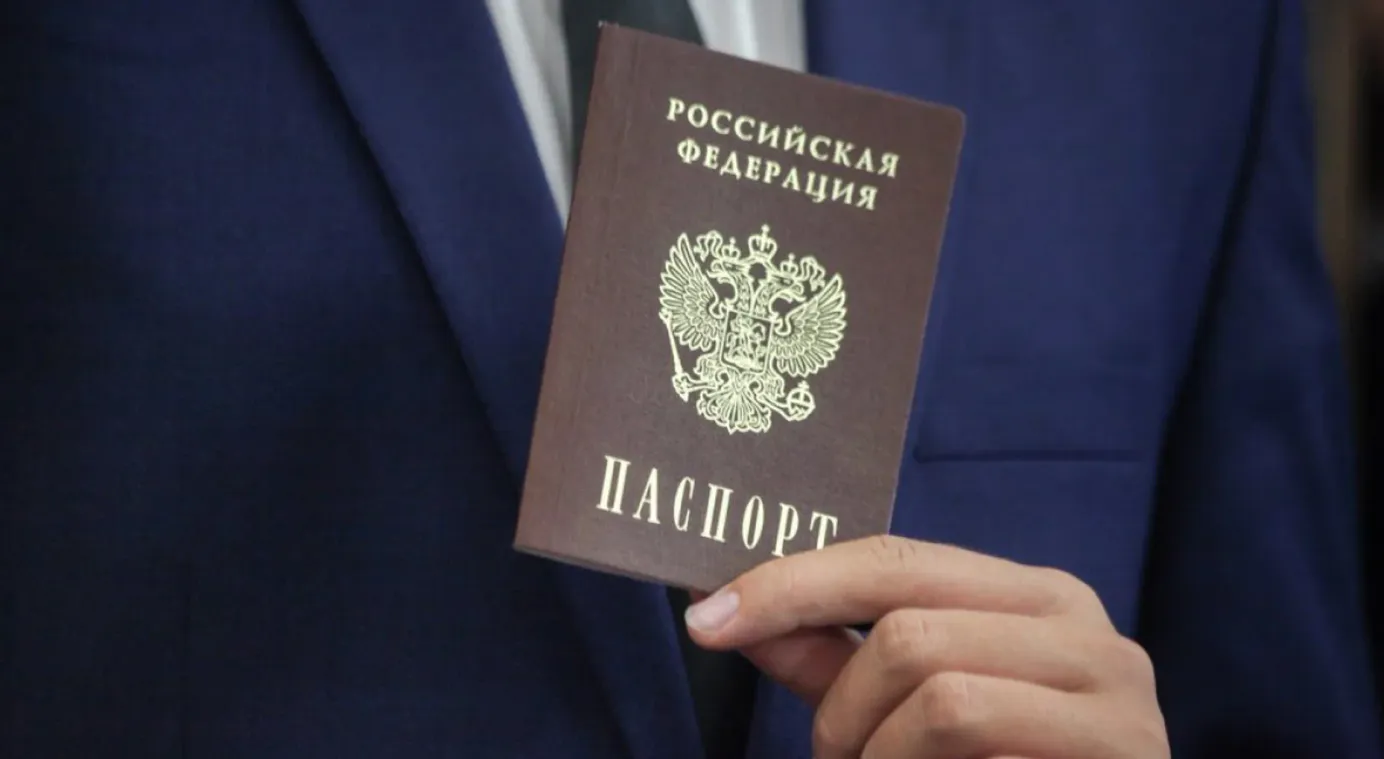
Azerbaijan detains Troika financier who became Karabakh separatist leader
One of the best-known Russian financiers of the 2000s was among the victims of the crisis in Nagorno-Karabakh — the billionaire founder of Troika Dialog, Ruben Vardanyan. The former businessman, who sold his Russian assets in the early 2010s to invest in his native Armenia, was for a brief period the leader of Artsakh — the Armenian name for the self-proclaimed and unrecognized state that had been under the control of ethnic Armenians until Azerbaijan seized the region last month. Vardanyan has now been captured by Azerbaijani troops and faces up to 12 years in prison.
- Since Azerbaijan took control of Nagorno-Karabakh, the region’s Armenian population has been fleeing en masse. Almost 100,000 people — from an estimated population of around 120,000 — have gone to Armenia. Among the thousands of Armenian refugees trying to leave was Karabakh’s best-known Russian resident, Ruben Vardanyan, who was arrested by Azerbaijani authorities as he tried to cross the border. As a former head of the unrecognized republic of Artsakh, the billionaire and former owner of the Troika Dialog investment company faces up to 12 years in jail in Azerbaijan.
- Vardanyan’s Troika Dialog was one of the biggest and best Russian investment and brokerage outfits in the 2000s. Apart from private clients, the government also highly valued its services. Troika purchased shares in two leading Russian auto manufacturers – AvtoVAZ and Kamaz – on behalf of Rostec (then called Rostekhnologii), led by Putin’s friend Sergei Chemezov. (Subsequently, the stakes were sold to Renault-Nissan and Daimler, and have since been nationalized). Naturally, Vardanyan’s bank provided personal services to the Russian elite, and a few years ago it emerged that Chemezov and another of Putin’s friends, Sergei Roldugin, used Troika Dialog’s offshore network to transfer funds earned in Russia to accounts in the West.
- As is customary in Russia, the state generously rewarded Vardanyan for his assistance — in 2013, state-owned Sberbank purchased Troika Dialog for $1.5 billion.
- After selling, Vardanyan spent more time and money on projects in his native Armenia and Karabakh, usually on issues connected with education or providing social services. Everyone who knows Vardanyan well has said this was the billionaire’s enduring wish — to take the money he earned in Russia and use it to improve his homeland.
- But the timing was bad. In late 2022, Vardanyan, who traces his roots to the disputed region, became Minister of State (de facto prime minister) of Artsakh. Within just a few months, by February 2023, he was forced to leave office due to disagreements with Yerevan. Vardayan insisted on holding Karabakh to the very end, but the Armenian government recognized that this was impossible. After Vardanyan’s resignation, he stayed in Karabakh, unable to leave due to an Azerbaijani blockade put in place last December.
- The big question now is whether Moscow will bail out a man who offered so much help to the Kremlin and the country’s elite in the past. In that regard, Vardanyan has one potentially significant problem — to become PM of Artsakh last year, Vardanyan had to renounce his Russian citizenship. At the time, the Kremlin saw it as a betrayal. Vardanyan’s acquaintances say Russia is still likely to try to protect him, but it is unclear how long he might have to spend in an Azerbaijani jail.
Why the world should care
In Moscow, Vardanyan’s story is seen as a real human drama. It’s not often that Russian businessmen who have made a fortune — much of it through deals with the state — make genuine sacrifices for their ideals. The Kremlin’s response, and whether it is willing to pull Vardanyan out of an Azerbaijani prison, will help us better understand the current relationship between the Russian authorities and business.




